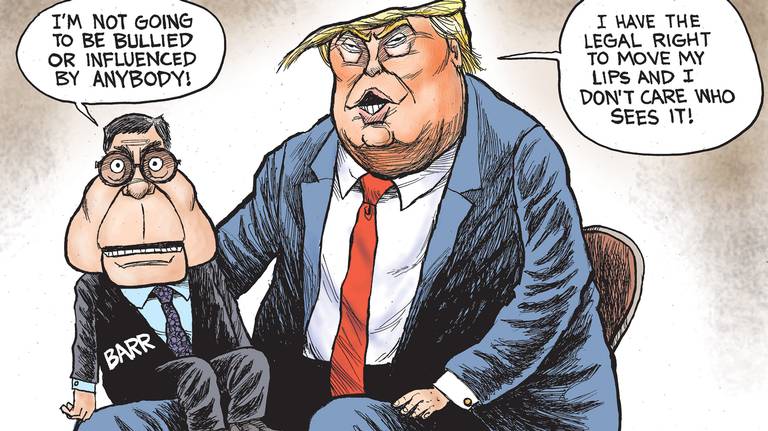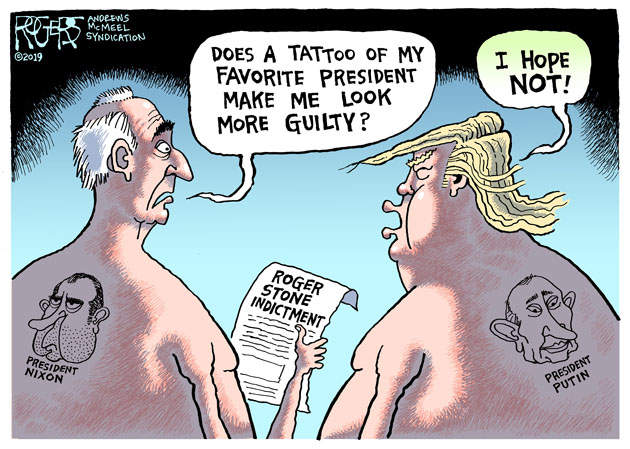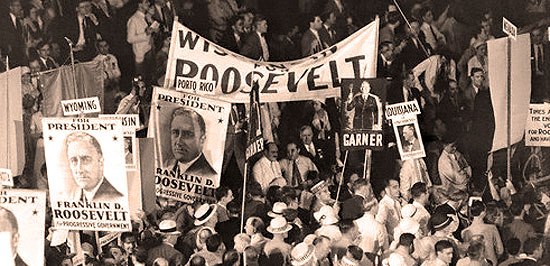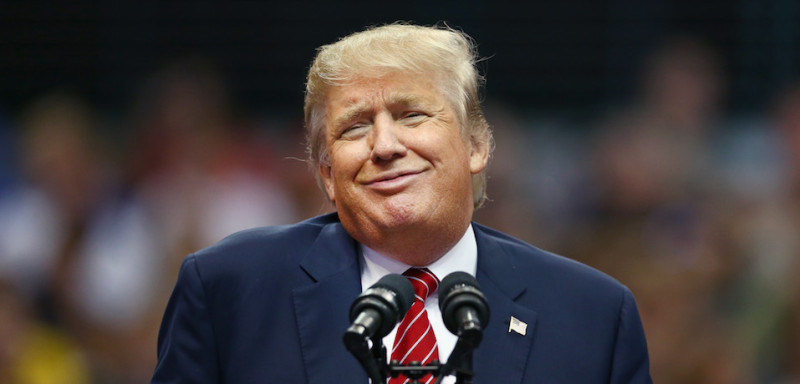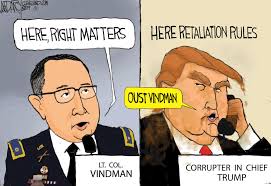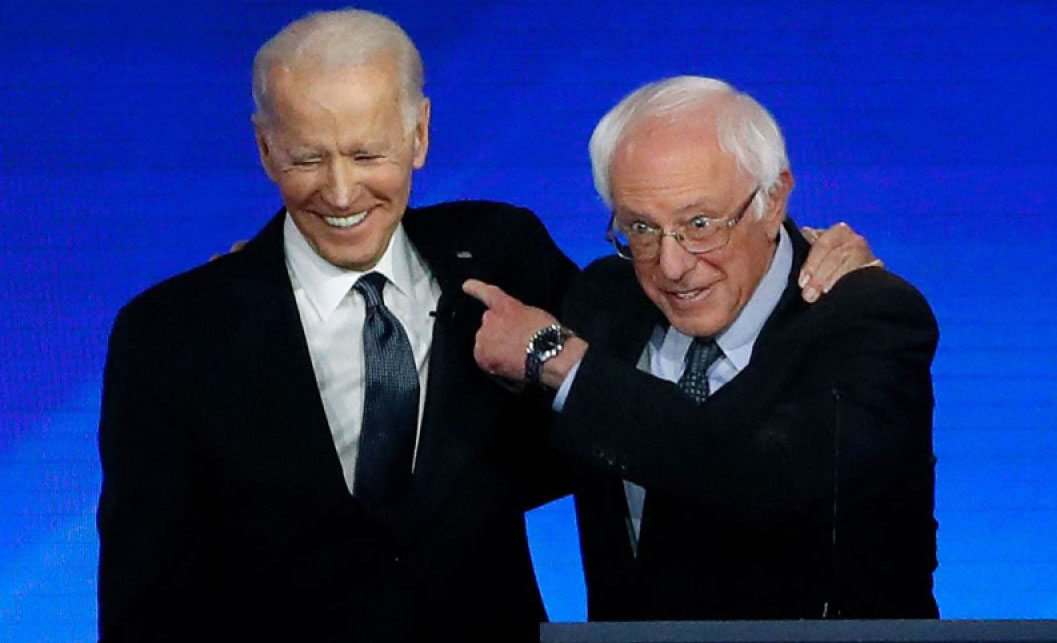Here are some random thoughts on the current state of the Democratic nomination campaigns.
First, can we say that the Democratic National Committee has totally bleeped up the primary process so far? I think we can.
It’s not just Iowa. I’m genuinely sad that we’ve lost Cory Booker, Kamala Harris, and Julián Castro. Andrew Yang is in tonight’s debate (yes, there’s another debate), but he’s laying off staff, I understand, and will probably end his campaign soon. I am not sure what can be done to prevent nonwhite candidates from falling by the wayside before votes are cast. And yes, one nonwhite candidate did go the distance in 2008. But Booker, Harris, and Castro were all very respectable candidates who should still be in it, at least until after New Hampshire.
Part of the problem was that there were just too damn many candidates, and most of the early debates were hosted by blockheads who were more interested in generating controversy than informing the public. I’d like to see the DNC get tougher with the networks. The CNN debates were especially bad, to the point that CNN shouldn’t be allowed to host debates in 2024. But they probably will.
On the other hand, Tom Steyer is still going strong, even though FiveThirtyEight gives him a one-in-one-hundred chance of winning the nomination. Steyer is proof that the DNC’s criteria for qualifying for debates are seriously screwed up.
Pete Buttigieg has broken out of the pack and is now a co-front-runner. Buttigieg is strong on charisma but sorely lacking in experience; I think if he won the White House Washington, and the demands of the job, would eat him up and spit him out. Even so, he has claimed the status of Great White Anyone-But-Bernie Hope. However, his odds for the nomination currently are one in twenty-five, or just 4 percent, the nerds at FiveThirtyEight say.
Joe Biden has been coasting on name recognition and the assumption by members of the media and party establishment that he is far and away the most electable candidate in the field. However, by now even Chuck Todd might be rethinking that assumption. Dan Balz:
Biden was vice president to Barack Obama, the most popular Democrat in the party. He is a veteran of four decades in the United States Senate. He is liked — even loved — and respected by many people in the party. But Iowa suggests that that’s not enough. His candidacy has lacked a spark of enthusiasm, whether that’s defined as vision or energy or fight.
Biden’s best argument for himself was “electability.”
What did that get him? In Iowa, more than 60 percent of the people who participated in the caucuses said electability, rather than compatibility on issues, was what they were looking for in a candidate. Only a quarter of them backed Biden, according to the Edison Research entrance poll. In Iowa, not enough voters were buying what he was selling.
It’s not clear to me what Biden is selling, other than familiarity and comfort. He’s something like the political equivalent of your favorite old chenille bathrobe. Even I would be reasonably comfortable seeing Biden become POTUS. He’s a decent person, he knows how Washington works, and his ideas are mostly good. But I think people are looking for the hammer of Thor to run against Trump, not a bathrobe. On the other hand, it’s possible that if he does win South Carolina his campaign might have learned from mistakes, and his candidacy will make a comeback. He’s not out of it yet.
Biden is down to a 20 percent chance at the nomination. Pundits are still saying that Biden will win the South Carolina primary, and he very well might, but Sanders of all people has pulled slightly ahead of him in South Carolina by the nerds’ calculations.
I am genuinely sad that Liz Warren isn’t doing better, and I’m not entirely sure why that’s true. Of all the candidates, she’s the one I’d most want to be elected POTUS. I think she’d be great at it. But she’s not out of the contest yet.
Amy Klobuchar should have done better in Iowa; if she can’t get votes in the Midwest, I don’t see much hope for her. But her poor showing might have been an effect of the weirdness of the caucus. Perhaps she would have done better in a primary election. They seriously need to end the Iowa Caucus.
Sanders currently has a 46 percent chance at the nomination, the nerds say. The advantage of a Sanders administration is that he would not only shake up Washington but would finally break the grip of the old Clinton-Third Way contingent on the Democratic Party. This would be good for the party and the nation.
The wild card in all this is Bloomberg. I would not be surprised to see the anyone-but-Bernie vote gravitate to Bloomberg as soon as he has a decent showing in one of the primaries. Bloomberg is a Terminator. He’s relentless and has more money than God to spend on his campaign. I still have massive doubts he could gain nonwhite votes, though. We’ll see.
Bloomberg is not in tonight’s debate in New Hampshire, hosted by ABC. The participants will be Biden, Buttigieg, Klobuchar, Sanders, Steyer, Warren, and Yang. There are predictions everyone will gang up on Buttigieg. I don’t know, though; this year it seems that attacking other candidates backfires more often than not. My only prediction is that Biden might try to be more aggressive, to show some “spark.”
Stuff to Read
Maggie Koerth at FiveThirtyEight, You’ll Never Know Which Candidate Is Electable
Just Published at WaPo: Secret Service has paid rates as high as $650 a night for rooms at Trump’s properties
Greg Sargent, Here’s a new abuse of power by Trump that should alarm you

